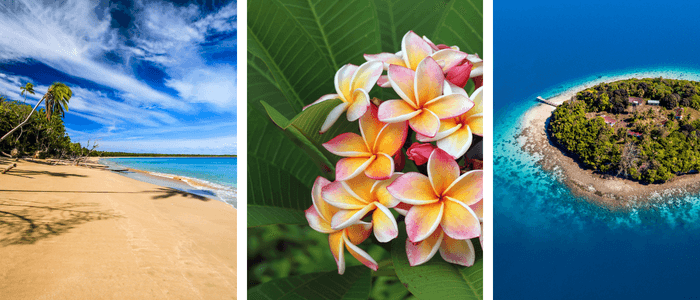Facts About Tonga

Tonga, officially known as the Kingdom of Tonga, is a Polynesian archipelago located in the South Pacific Ocean. Here are some facts about Tonga:
-
Geographical Location: Tonga is situated in the southern Pacific Ocean, east of Fiji, south of Samoa, and west of the Cook Islands. It is the only remaining monarchy in the Pacific.
-
Capital and Largest City: Nuku’alofa is the capital and largest city of Tonga. It is located on the main island of Tongatapu.
-
Archipelago: Tonga consists of 169 islands, with a total land area of approximately 748 square kilometers (289 square miles). These islands are grouped into four main island groups: Tongatapu, Ha’apai, Vava’u, and the Niuas.
-
Population: As of my knowledge cutoff in September 2021, Tonga had an estimated population of around 100,000 people.
-
Language: Tongan and English are the official languages of the country. Tongan, also known as the Tongan language, is spoken by the majority of the population.
-
Monarchy: Tonga is the only remaining monarchy in the Pacific. The country is ruled by a king or queen who holds significant influence and power. King Tupou VI has been the reigning monarch since 2012.
-
Religion: The majority of Tongans practice Christianity, with the Free Wesleyan Church (Methodist) being the dominant denomination. Religion plays an essential role in Tongan culture and society.
-
Economy: Tonga’s economy is primarily based on agriculture, fishing, and remittances from Tongan communities abroad. Tourism also contributes to the economy, with visitors attracted to the country’s natural beauty and cultural heritage.
-
Rugby Union: Rugby Union is a popular sport in Tonga. The national team, known as the “Ikale Tahi” (Sea Eagles), has participated in several Rugby World Cups and has a passionate following.
-
Cultural Heritage: Tongan culture is rich and diverse, with a strong emphasis on tradition and respect for ancestral customs. Traditional Tongan arts, crafts, dance, and music, such as the unique Tongan wooden drums called “lali,” are integral parts of the cultural heritage.
-
Climate: Tonga has a tropical climate characterized by warm temperatures throughout the year. The wet season generally occurs from November to April, while the dry season spans from May to October.

